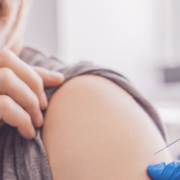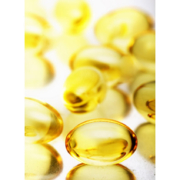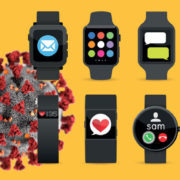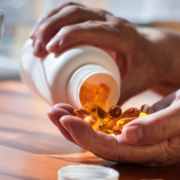Vitamin D and COVID-19: What Would a Reasonable Person Do?
The Medscape article did not call for any conclusions or recommendations nor should it have. That’s not the purpose of that type of article. However, that didn’t stop healthcare professionals from voicing their opinions in the comments section of that article. We’ll take a look at what they said, discuss the potential benefit of vitamin D testing and supplementation for COVID-19, and determine what a reasonable person should do.
Comments Abound
I rarely read the Comments section on any posting. There’s no point, because people will disagree about almost everything, especially when interpreting scientific information. If you think people attack people only on social media, not true; academic arguments can get really vicious.
There were not just comments about the Medscape article, but about what people posted in response to the article: accusations of “junk science,” “pseudoscience,” or “snake oil salesman.” These are healthcare professionals at all levels going after one another. They may not use the same language, but the insults and accusations about being shills for pharmaceutical companies are still there. You see the condescending attitude of some physicians about research and the opinions of people who treat patients with supplements. The end result is the same as a Twitter fight; it accomplishes nothing beneficial.
Potential Benefit of Vitamin D
Within the Medscape article was a reference to an article that hasn’t been peer-reviewed yet. That paper attempts to quantify the relationship between vitamin D deficiency and extreme responses to COVID-19 infections. They looked at vitamin D and C-reactive protein (CRP), a marker that indicates inflammation. CRP is depressed in severe cases of COVID-19 infection but not as depressed in milder cases of infection.
They found that “the risk of severe COVID-19 cases among patients with severe vitamin D deficiency is 17.3% while the equivalent figure for patients with normal vitamin D levels is 14.6%; that’s a reduction of 15.6%.” Understand that this paper makes many assumptions about the relationship between vitamin D status and CRP that may or may not be correct. However, if the number of severe COVID-19 cases resulting in deaths in the U.S. were reduced by half that amount, that would mean thousands fewer deaths.
The Bottom Line
I began this by asking the question “What would a reasonable person do?” That’s a term often used in legal matters, but I think it applies here as well. Based on the Irish study, optimal vitamin D levels should be maintained between 50 to 60 nmol/L. You would need a blood test to find out if you’re there. If your physician is not amenable right now, use the last vitamin D test you had as the base level. I just had my blood work done in the past couple of months, and it was 30 nmol/L. If you’re in the optimal range, keep doing what you’re doing.
If you’re low, as I was, it’s time to increase your vitamin D intake. This is especially true if you have a comorbidity such as being obese, having type 2 diabetes, an autoimmune disease, asthma or another lung disease, or are over 60. Talk with your physician about increasing your vitamin D intake. By how much? You could safely increase your intake by 1,000 to 2,000 IU or 25 to 50 mcg, but get your doctor’s input on whether you should take a higher amount for a while to increase your vitamin D levels faster.
As I said a week ago, respect this virus. One of the ways you can do that is by treating your body as any reasonable person would, including getting your vitamin D to optimal levels.
What are you prepared to do today?
Dr. Chet
References:
1. Irish Med J. 2020; 113 (5):81-88.
2. Vitamin D: A Low-Hanging Fruit in COVID-19? – Medscape – May 17, 2020.
3. doi: https://doi.org/10.1101/2020.04.08.20058578









